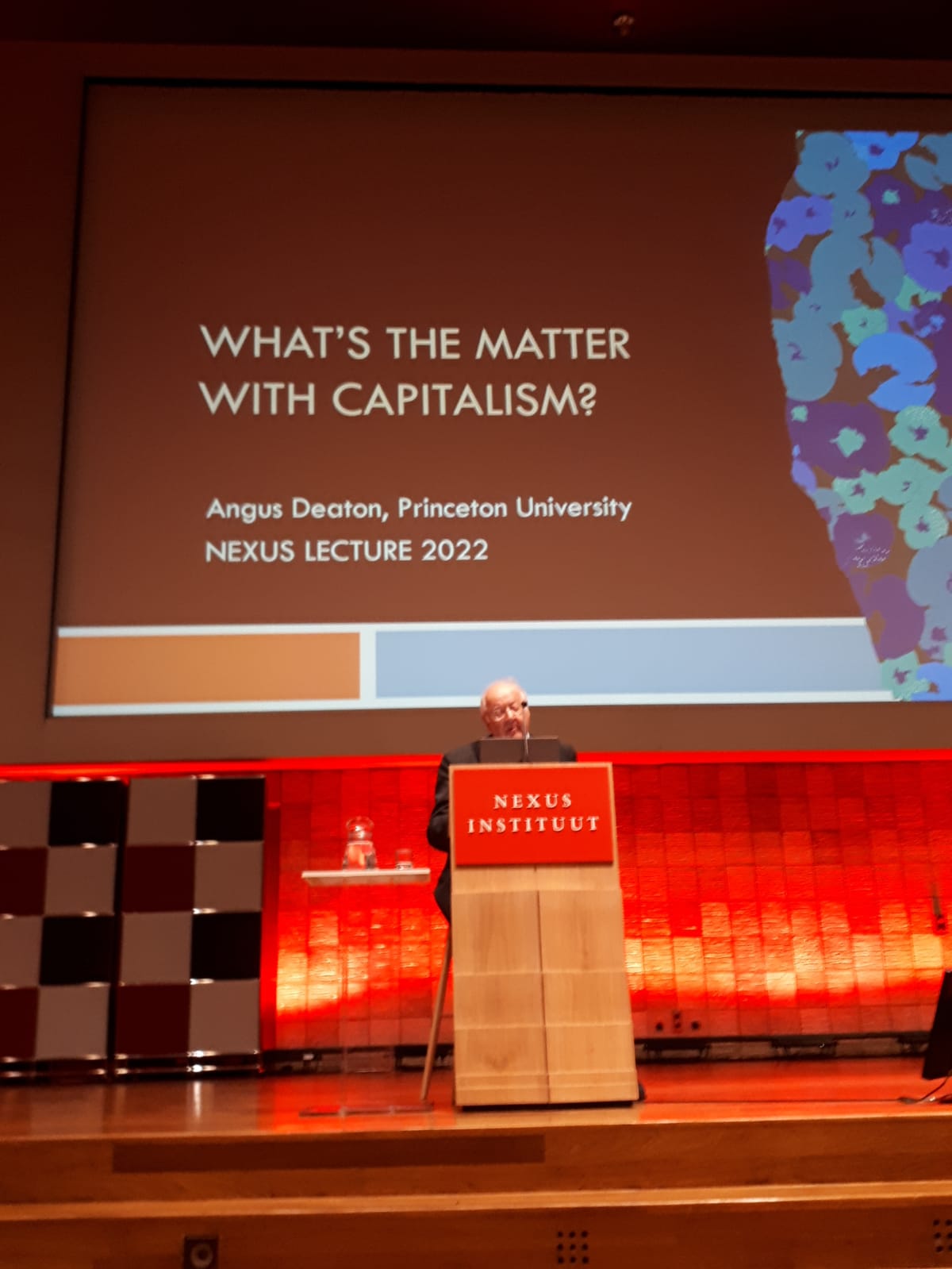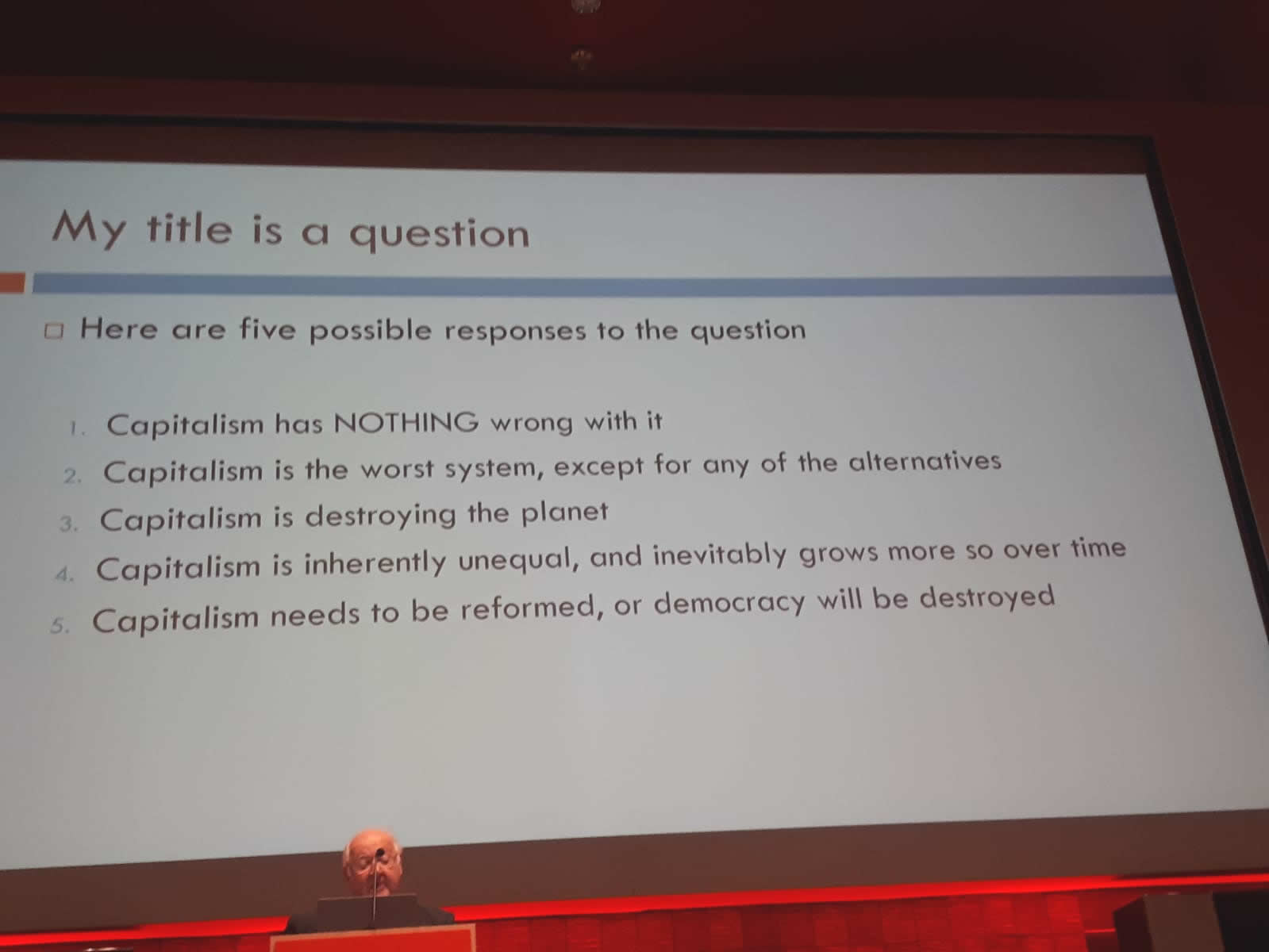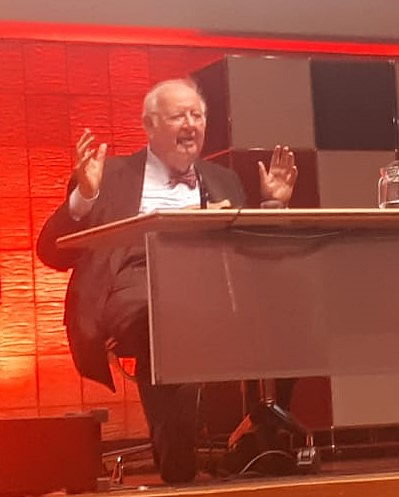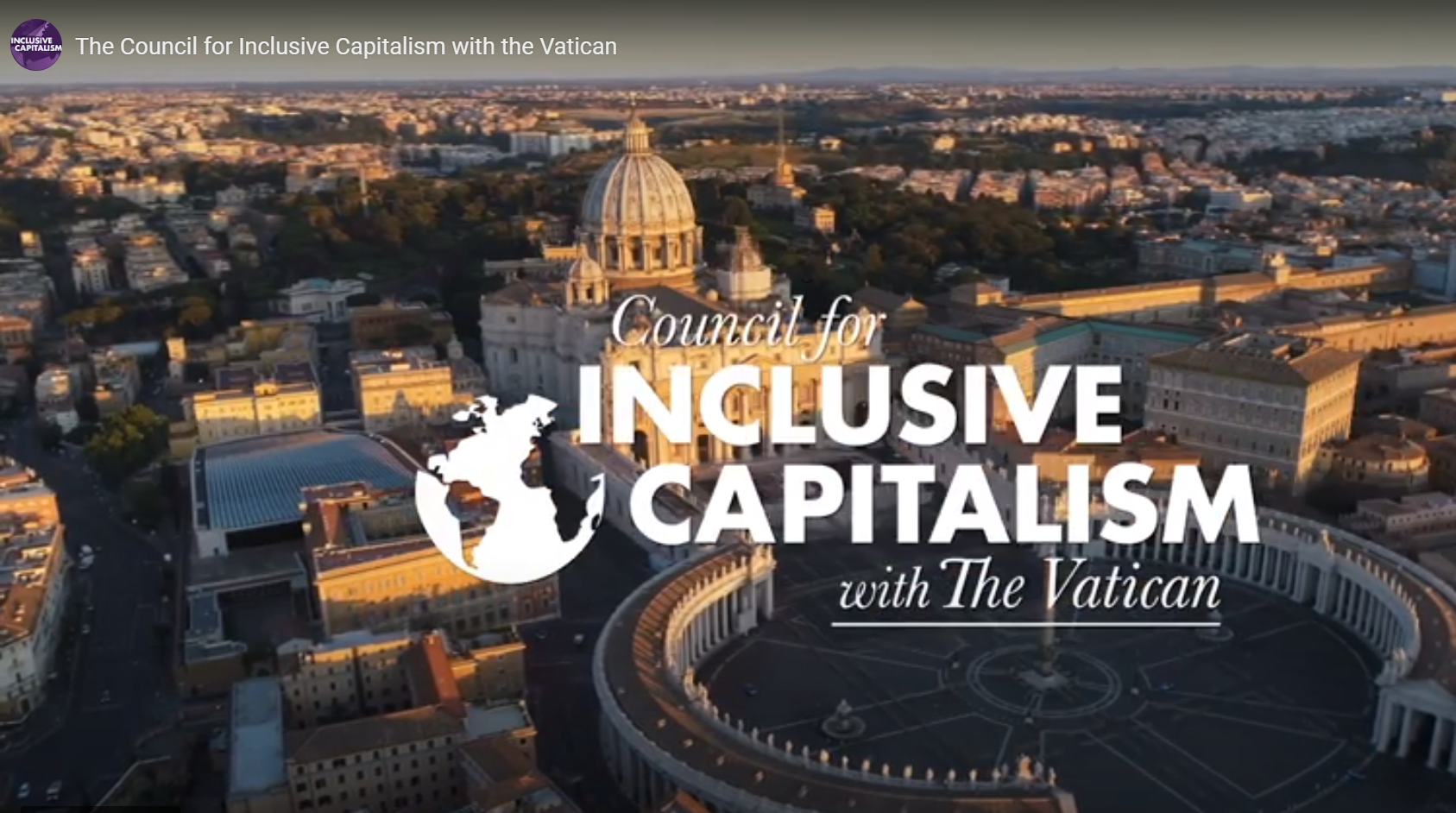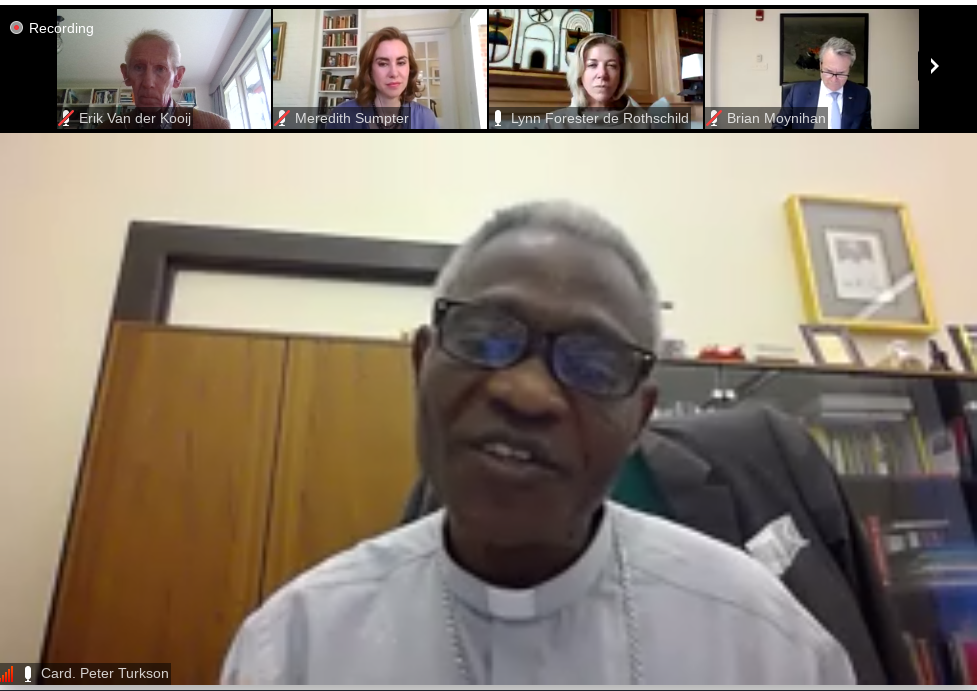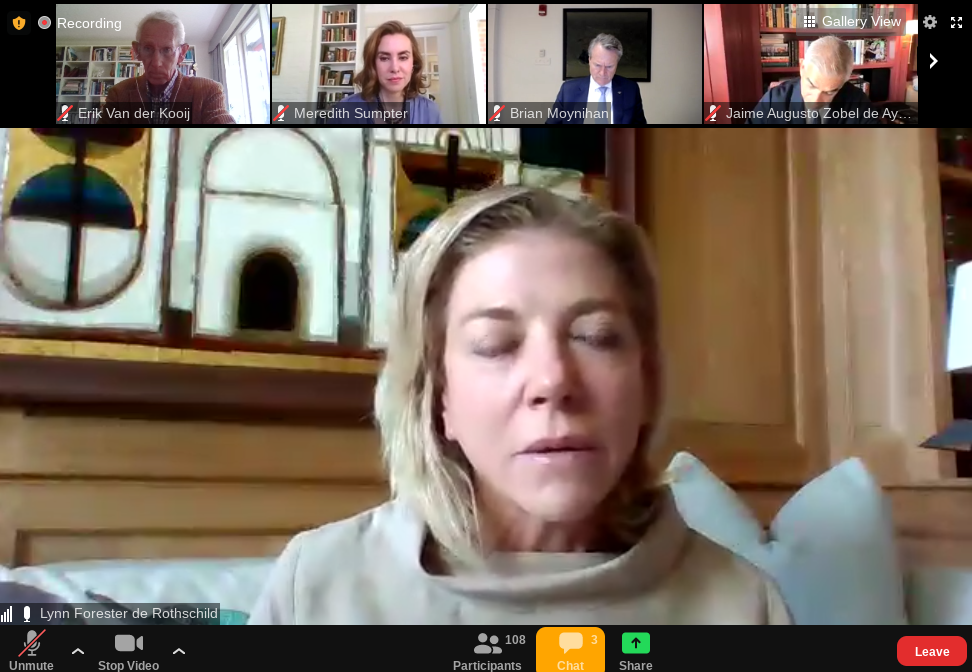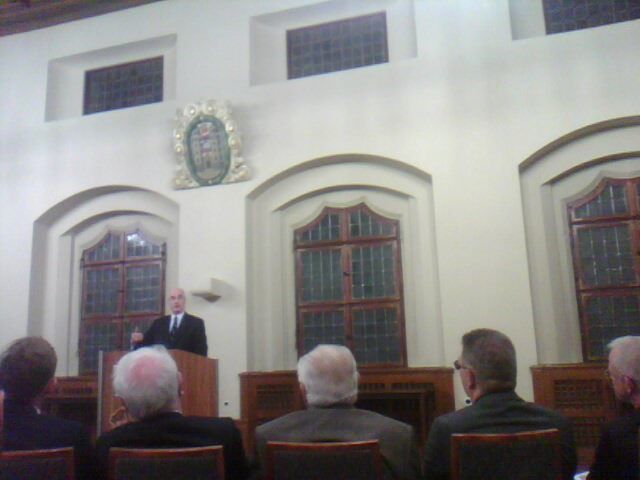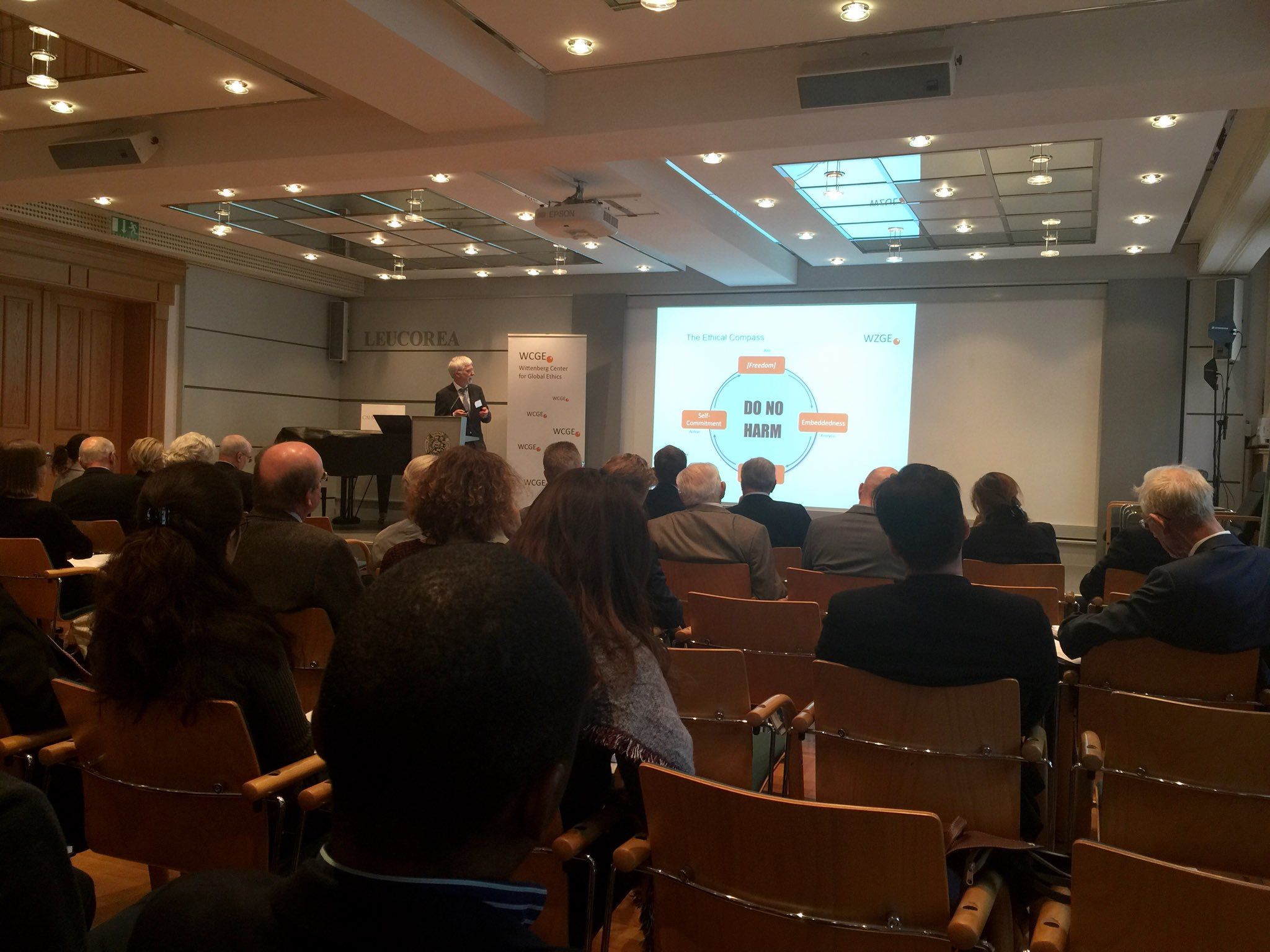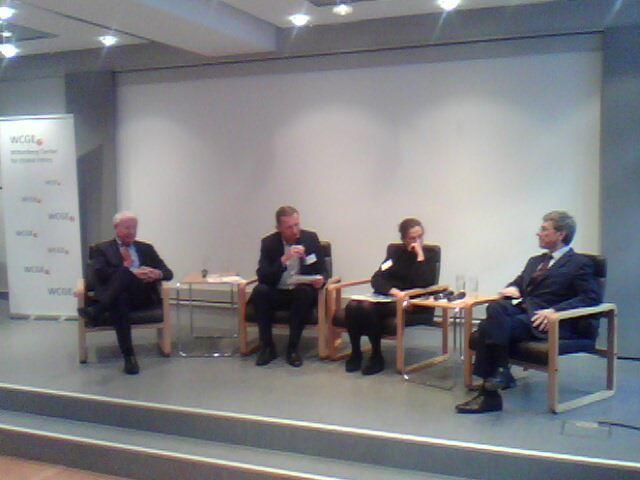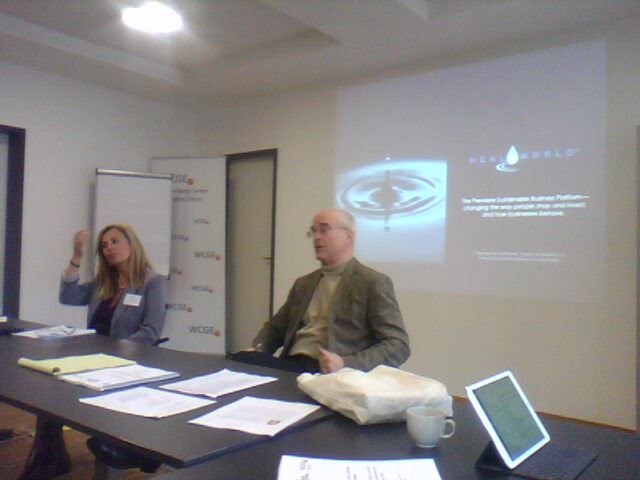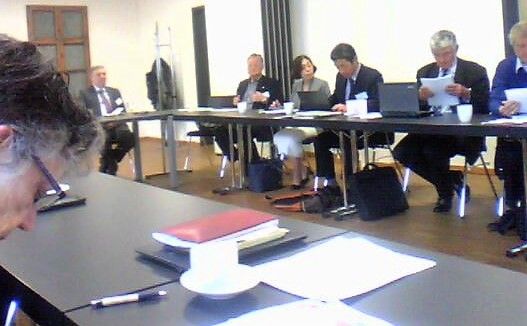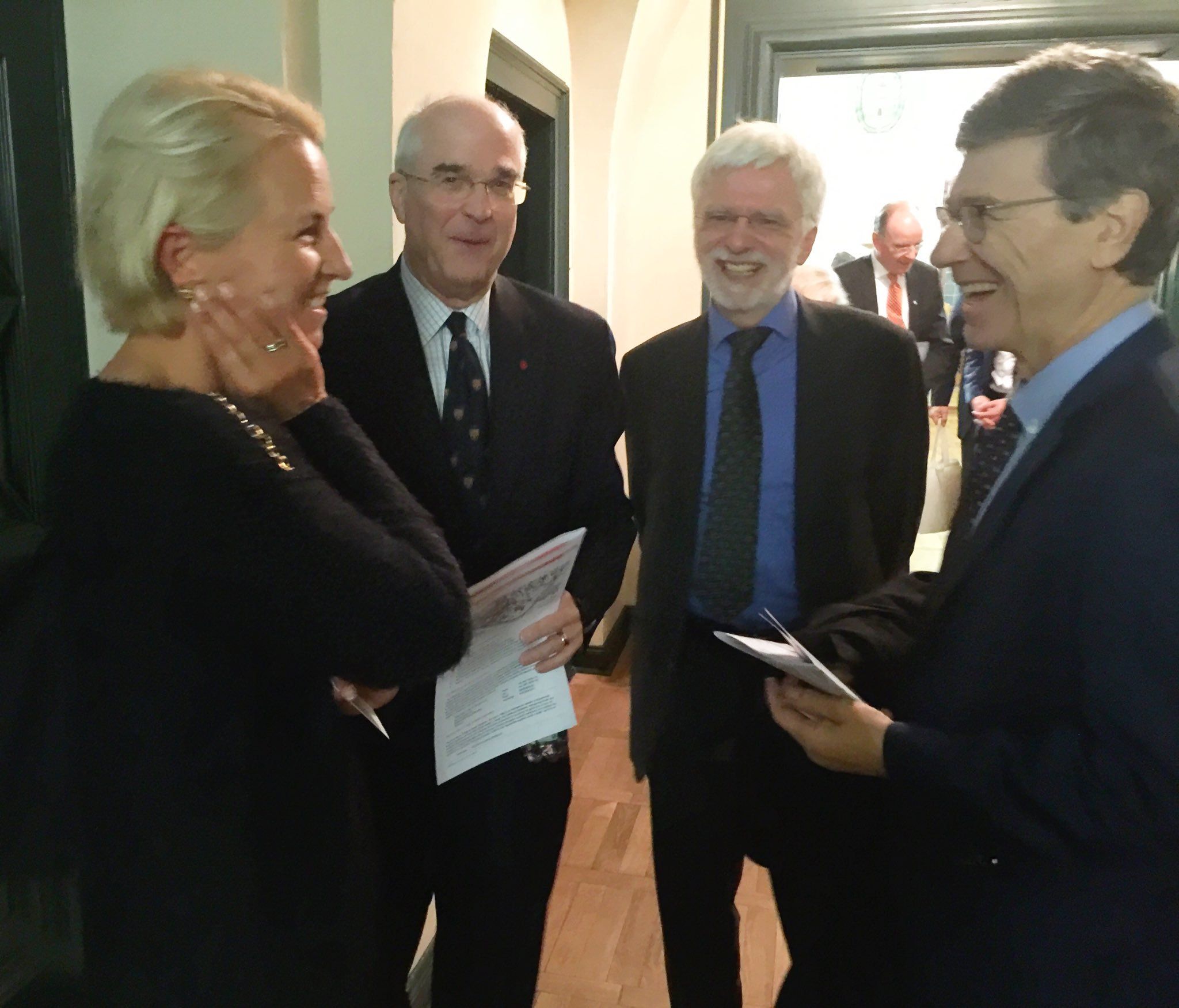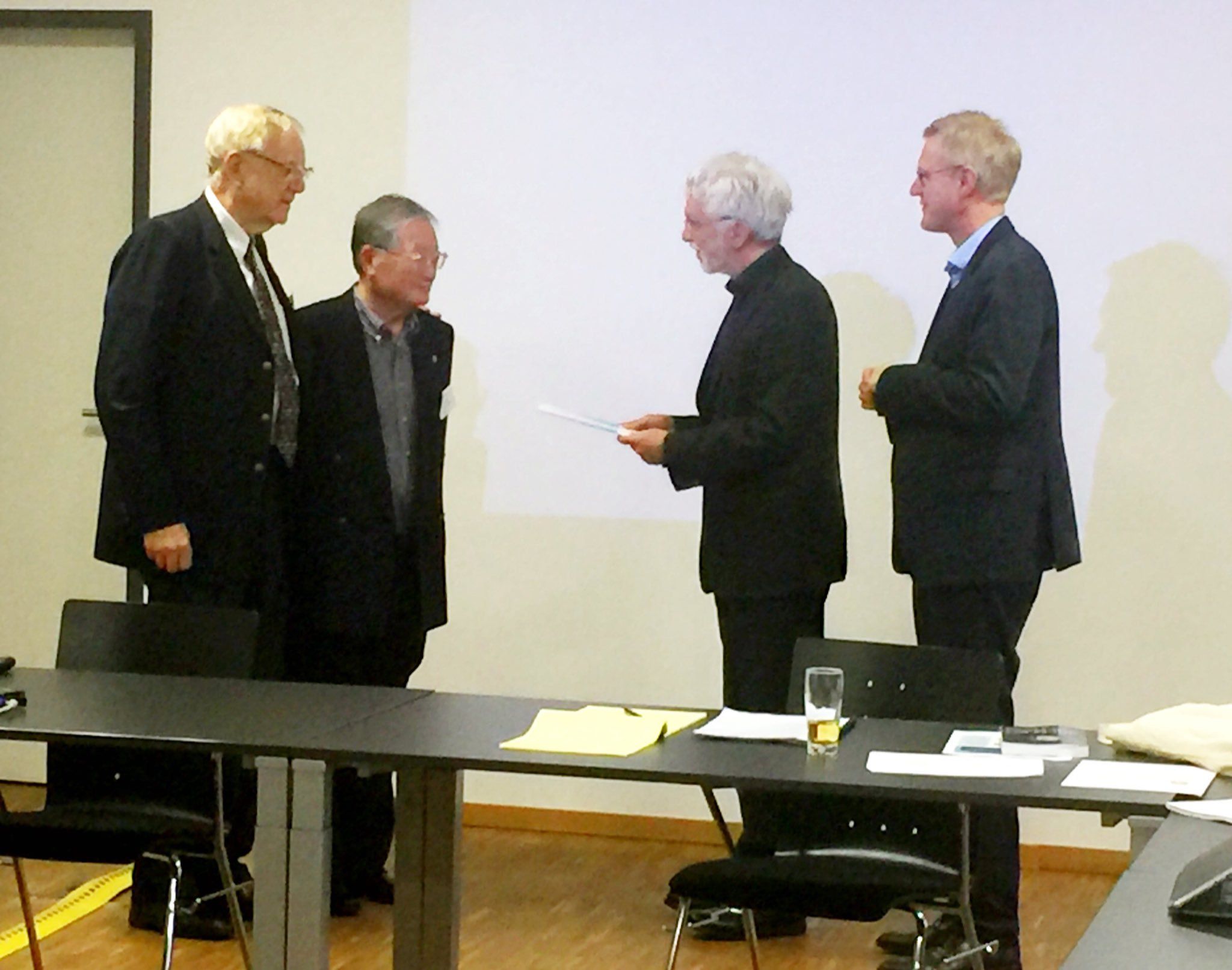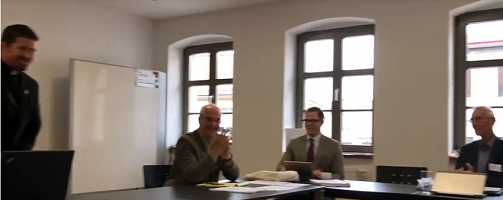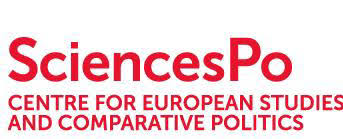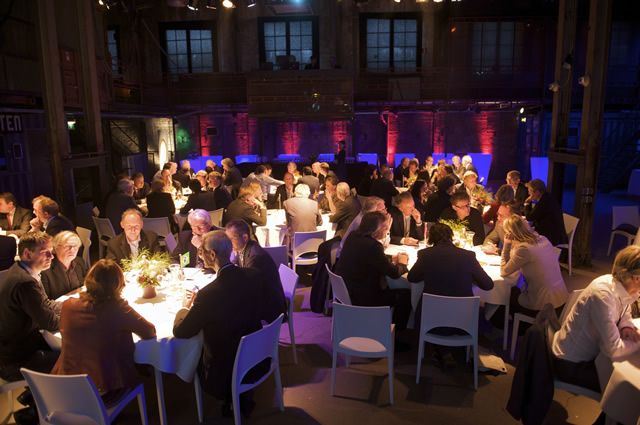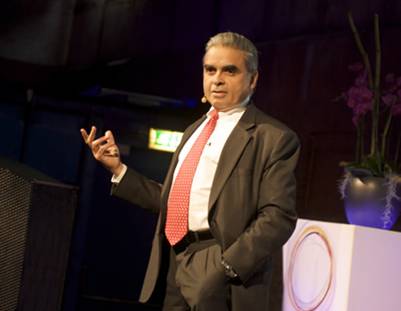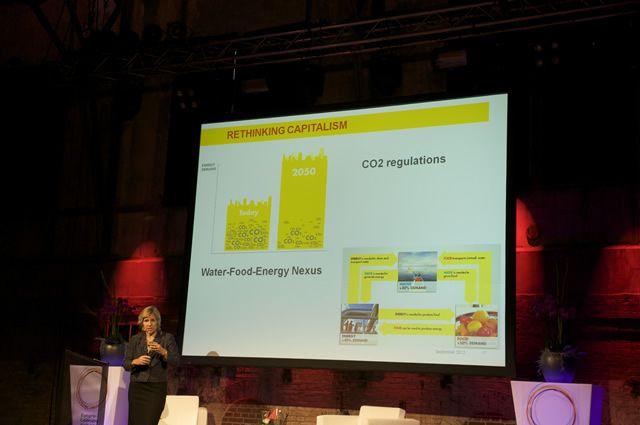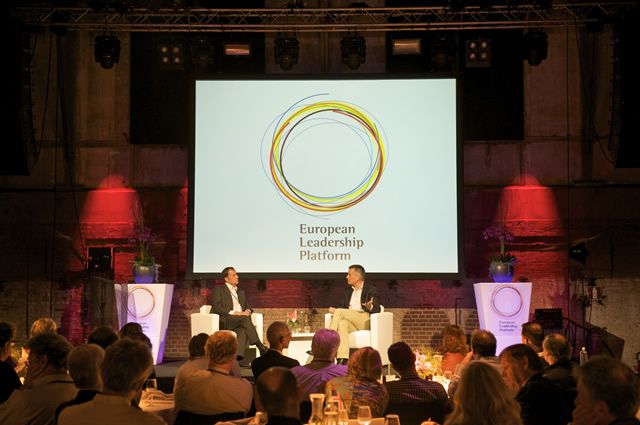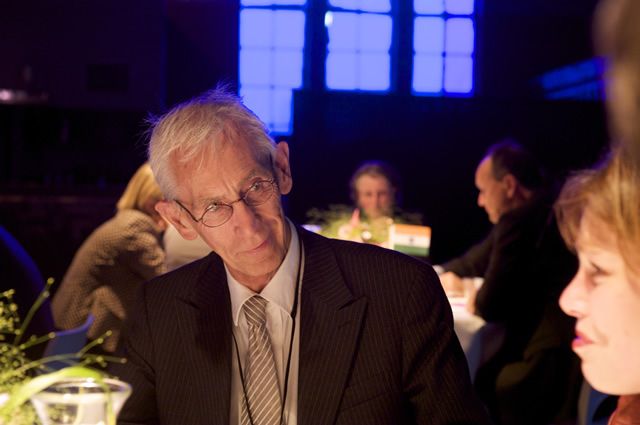Calculating individuals will bring about the best social-economic organization:
the
homo economicus
In the early modern era, there was a period of conflict between kings and parliament, overseas trade and of materialism, utilitarianism, revolution, and homo economicus, who is out to satisfy needs in an efficient, rational or logical manner.
This era was characterized by rapidly accelerating scientific discovery and invention, wars and revolutions, capitalism and economic liberalism, theories that assume that the satisfaction of needs by calculating individuals will bring about the best social-economic organization.
It was also in this era where Adam Smith, moral philosopher / political economist, examined the nature and causes of wealth.
It was a period of social change; slavery was abolished, and the Second Industrial Revolution led to massive urbanization and much higher levels of productivity, profit and prosperity. European imperialism brought much of Asia and almost all of Africa under colonial rule.
During at the end of this era, Stuart Mill (philosopher economist) focused on empiricism, utilitarianism, classical liberalism: each and every single person or society should be his own leader.
Human happiness (happy planet index) and liberty is served when we as individuals have sovereignty.
|
|
The time of the rise of neoliberalism
The 20th century was a strange and confusing century of wars, technological changes, youth cultures, individualism and postmodernism. In 1920, Keynes described in “The Economic Consequences of the Peace” the era of the first globalization with the words:
“What an extraordinary episode in the economic progress of man was that age which came to an end in August 1914. … The inhabitant of London could order by telephone, sipping his morning tea, the various products of the whole earth, and reasonably expect their early delivery upon
his doorstep. Militarism and imperialism of racial and cultural rivalries were little more than the amusements of his daily newspaper.”
|
|
Keynes became known through the book ‘The General Theory of Employment, Interest and Money’, published in 1936. It was the time of the rise of neoliberalism, a theory of politico-economic action, according to which human welfare is best served by the liberation of private freedom and skill of enterprise, within an institutional framework of highly private property, free markets and free trade and with a role of the government to create and maintain such a framework. The economic theory behind neoliberalism initially stems from the monetarism that the Chicago economists adhered to in the 1970s, which has two key points:
-
valuation by supply and demand. This also applies to labor, so that its market value is the real value;
-
the efficiency of the free market. The expectation was that a market without government intervention would automatically come into equilibrium and come to full employment, because the market does not tolerate waste. Inflation was only expected from government intervention.
Capitalist values lived on through the dissemination of libertarian ideas, in particular through the highly popular novel of Ayn Rand’s bestseller Atlas Shrugged, “a capitalist manifesto” that depicts a utopian picture of capitalist, transforming society as a whole and reduce all interpersonal relations to money trade in contrast to human capital, the stock of knowledge, habits, social and personality attributes, including creativity, embodied in the ability to perform labor so as to produce economic value (World Bank, World Development Report 2019: The Changing Nature of Work). |

